Affiliate links on Android Authority may earn us a commission. Learn more.
OnePlus 10 Pro buyer's guide: Everything you need to know
Published onMarch 31, 2022
2022 is a transitional year of sorts for OnePlus. The company is now fully committed to “OnePlus 2.0,” with the OnePlus 10 Pro being the first flagship phone to launch from the brand following the merger with its sister brand OPPO.
With that in mind, the initial launch of the OnePlus 10 Pro has been strange indeed, at least for the “Never Settle” brand. The company announced the phone much earlier than usual back at the start of 2022. However, the phone is only now finally making its way to global markets several months later, albeit without any sign of a vanilla OnePlus 10.
We’ve got all the official information on the OnePlus 10 Pro for you here, including specs, global availability details, and pricing.
OnePlus 10 Pro at a glance
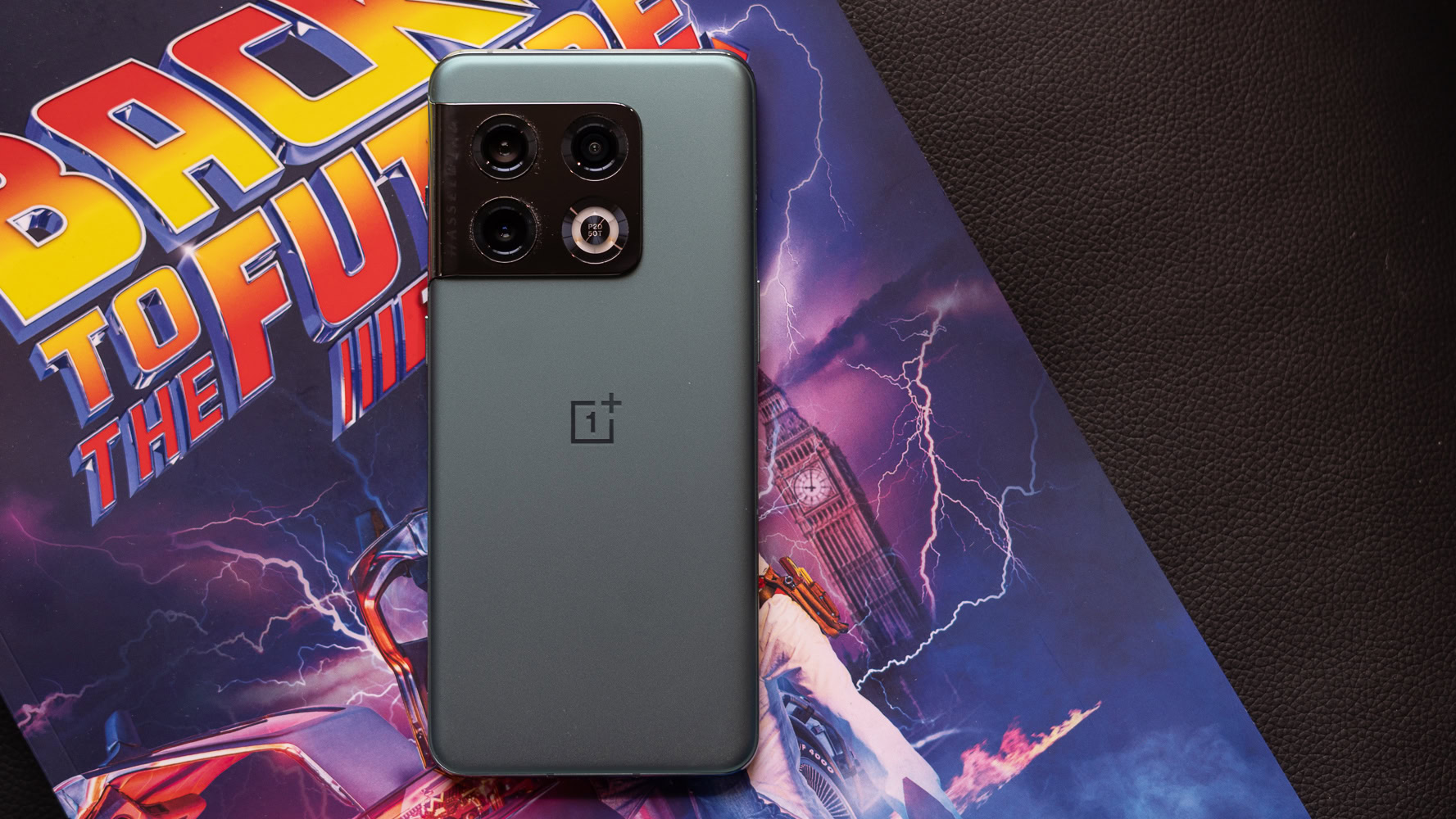
OnePlus launched the OnePlus 10 Pro on January 11, 2022, in its native China. Buyers in China could grab the phone starting January 13. OnePlus initially did not disclose when the phone would be available in other countries. The company would eventually go on to launch the OnePlus 10 Pro in global markets on March 31, with pre-orders opening the same day ahead of an April 14 release date.
The OnePlus 10 Pro is the firm’s top flagship for 2022. It has the best specs of any OnePlus phone to date, including the Snapdragon 8 Gen 1 chipset, which is currently the most powerful processor in the Android world. It has up to 12GB of RAM and 256GB of internal storage, a huge 5,000mAh battery, and incredibly fast 80W wired charging (though the US model only comes with a 65W charger).
Our verdict: OnePlus 10 Pro review
OnePlus is also continuing its partnership with photography company Hasselblad. The two companies worked together to incorporate lots of new photo and video features. They also tweaked their original systems developed for the OnePlus 9 series.
The 8GB/128GB OnePlus 10 Pro starts at $899. You can find more pricing and availability details further down the page.
OnePlus 10 Pro specs
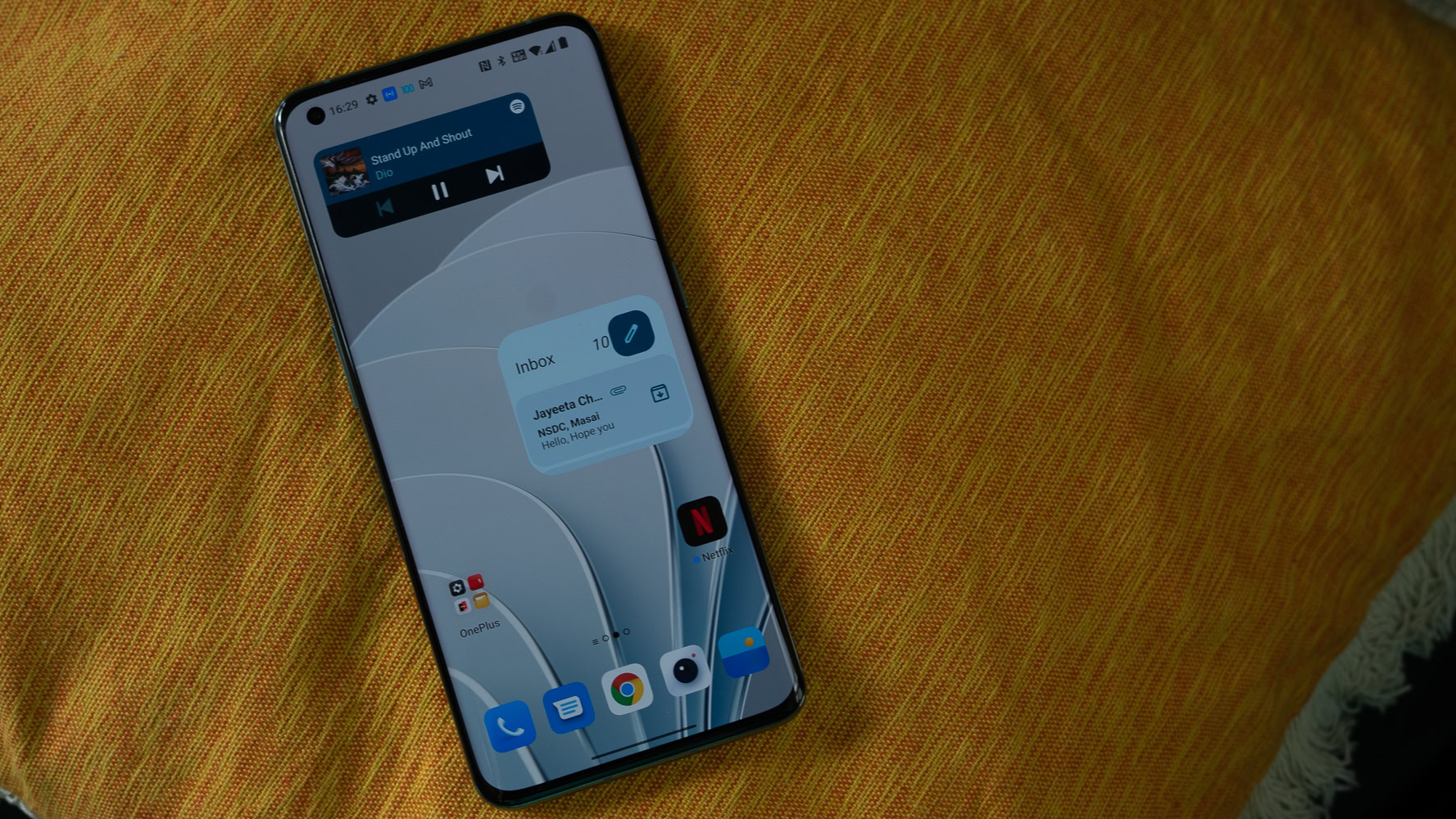
The OnePlus 10 Pro is definitely a flagship-level phone when looking at the key specs, though there are some curious omissions like an IP rating (outside of the T-Mobile variant). You’ve got a Snapdragon 8 Gen 1 chipset, a 5,000mAh battery with 65W/80W wired charging, 50W wireless charging, and a 6.7-inch QHD+ 120Hz OLED panel. You’re also getting a capable triple rear camera system (48MP main, 50MP ultrawide, and 8MP 3.3x telephoto).
| OnePlus 10 Pro | |
|---|---|
Display | 6.7-inch LTPO AMOLED 120Hz variable refresh rate QHD+ (1440p) resolution |
Processor | Snapdragon 8 Gen 1 |
RAM | Up to 12GB LPDDR5 |
Storage | Up to 256GB UFS 3.1 No microSD card slot |
Power | 5,000mAh battery 80W wired charging 50W wireless charging (with proprietary stand) 5W reverse wireless charging 65W charging brick in box in US (80W in other markets) |
Cameras | Rear - 48MP wide - 50MP ultrawide, up to 150-degree FoV - 8MP telephoto 10-bit color capture on all lenses 12-bit RAW capture on all lenses Dual OIS on at least one lens Second-gen Hasselblad software Front: - 32MP |
Audio | Dual stereo speakers No 3.5mm headphone port |
Connectivity | Bluetooth 5.2 NFC support 5G support |
Dimensions | 163 x 73.9 x 8.55mm |
Software | Oxygen OS 12 based on Android 12 China only: Color OS 12 based on Android 12 |
Colors | Volcanic Black, Emerald Forest |
Is the OnePlus 10 Pro’s camera good?
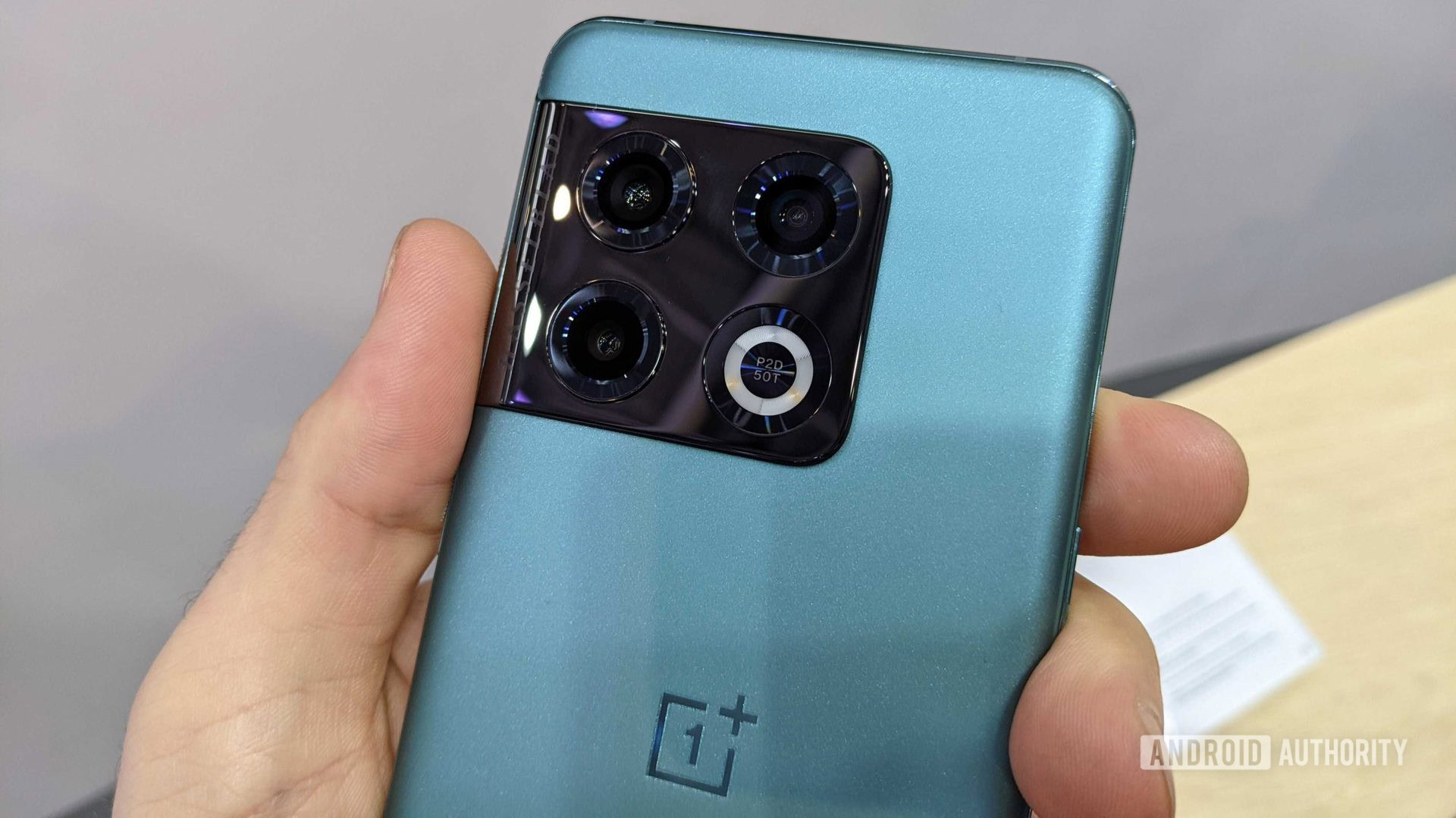
Last year, the camera on the OnePlus 9 Pro was the best we’d ever seen from the brand. This year, the company is changing its strategy slightly.
In the 9 Pro, we saw a wide lens, ultrawide lens, telephoto lens, and a monochrome sensor. With the OnePlus 10 Pro, the company is abandoning the monochrome system and sticking with just the three main lenses. We’ve still got a 48MP wide, 50MP ultrawide, and 8MP telephoto setup here.
The main camera is still an IMX789 sensor, featuring a relatively large 1/1.43-inch sensor size. And unsurprisingly, our own Dhruv Bhutani says you can expect similar results to the OnePlus 9 Pro, which we rated as a great shooter. However, he noted that while daytime performance was generally good, low-light quality sees a notable dip while getting a stable shot proved to be tough.
Meanwhile, the 50MP ultrawide camera is a JN1 sensor made by Samsung, and it’s actually significantly smaller than the IMX766 found on the OnePlus 9 Pro’s ultrawide lens. True enough, Dhruv felt that image quality was compromised with this camera, saying that there’s an increase in noise compared to the older phone’s ultrawide lens. He adds that this camera lacks a macro mode that’s been a fixture on OnePlus flagships for years now.
See also: The best camera phones you can get
In saying so, the ultrawide lens is now capable of a ludicrous 150-degree field-of-view (FoV). This incredibly wide FoV is close to fisheye lens territory since it warps the sides of the photo. Thankfully, by default, the camera shoots at a much more reasonable 110-degree FoV. You can reach that 150-degree limit in the camera app’s settings if you like.
OnePlus is also offering an 8MP 3.3x telephoto camera, in line with the older phone once again. So any zoom improvements will need to be derived from improved software, but Dhruv reckoned that there’s heavy sharpening when using this camera as well as heavy-handed noise reduction.
Other features of note include support for 10-bit color capture and 12-bit RAW capture on all three lenses, as well as a so-called Extended Exposure mode for long-exposure shots (e.g. light painting, water). Optical image stabilization is also available, although we’re guessing this is just on the main camera.
On the front, the OnePlus 10 Pro has a 32MP selfie shooter. This has twice the megapixels as the OnePlus 9 Pro’s front-facing camera.
How is the OnePlus 10 Pro’s battery life?
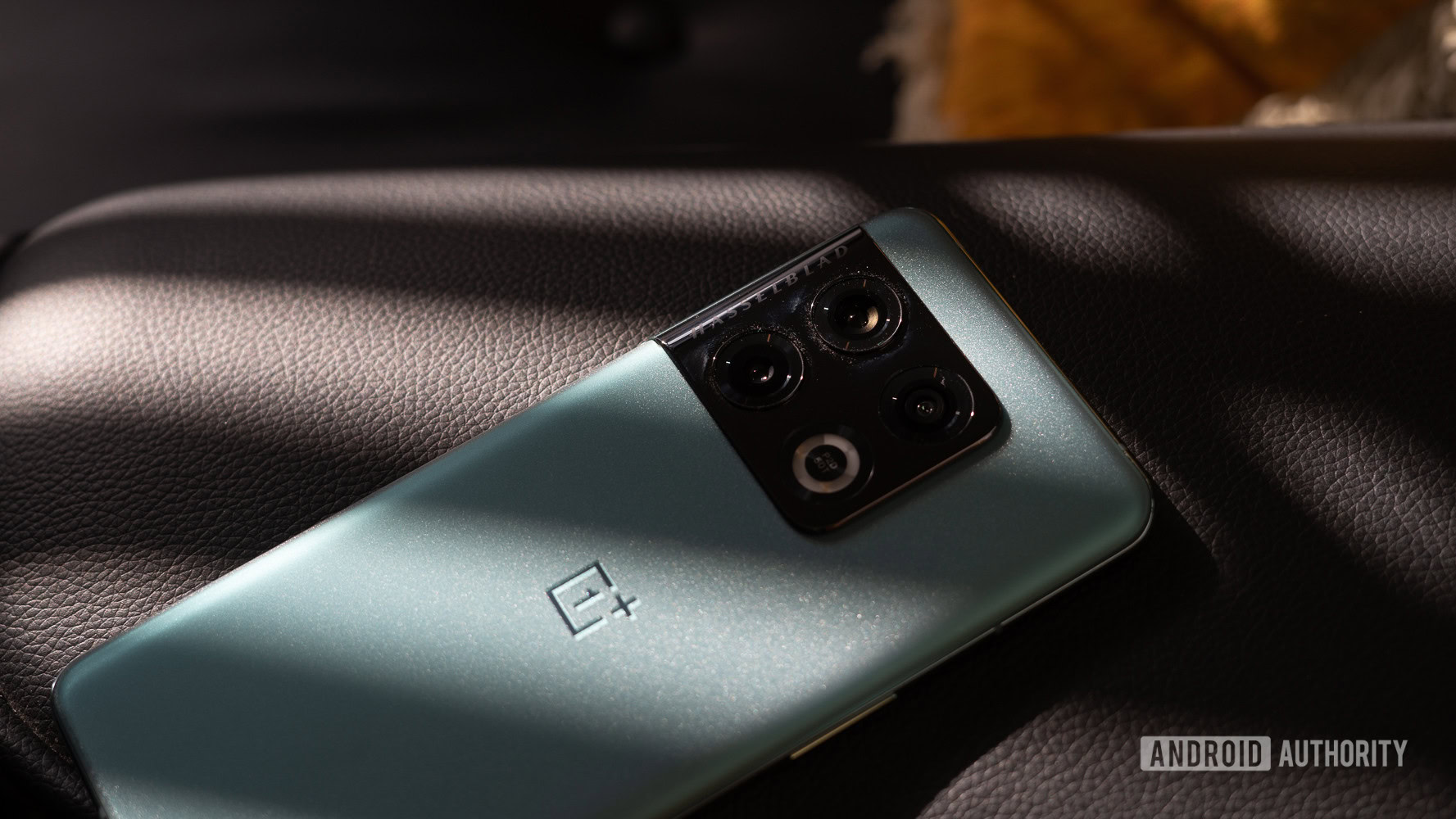
Despite its high charging speeds, the OnePlus 9 Pro actually had ho-hum battery life. The battery seemed to be a decent size but software optimization must have been holding it back some since we could only get 1.5 days out of it before needing a recharge.
The OnePlus 10 Pro brings a few improvements on paper. First off, the battery itself is significantly larger: 5,000mAh, which is 11% larger than what we saw in the 9 Pro. Second, the chipset inside is reportedly more power-efficient than the Snapdragon 888, which we found in the OnePlus 9 Pro. Finally, OnePlus has purportedly tweaked its software to make its display more power-efficient as well. All this combined should make for better battery life.
In theory, the OnePlus 10 Pro should have better battery life than the 9 Pro. And this mostly bears out in practice too.
Fortunately, we felt that the OnePlus 10 Pro had no issues with endurance, easily lasting all day and a little more. Dhruv also felt that the addition of 80W charging on global models wasn’t a huge jump at all over 65W charging. We found that there was a negligible difference between the two.
The phone also has 50W wireless charging speeds (using OnePlus’ proprietary charging stand), as well as 5W reverse wireless charging.
OnePlus 10 Pro performance
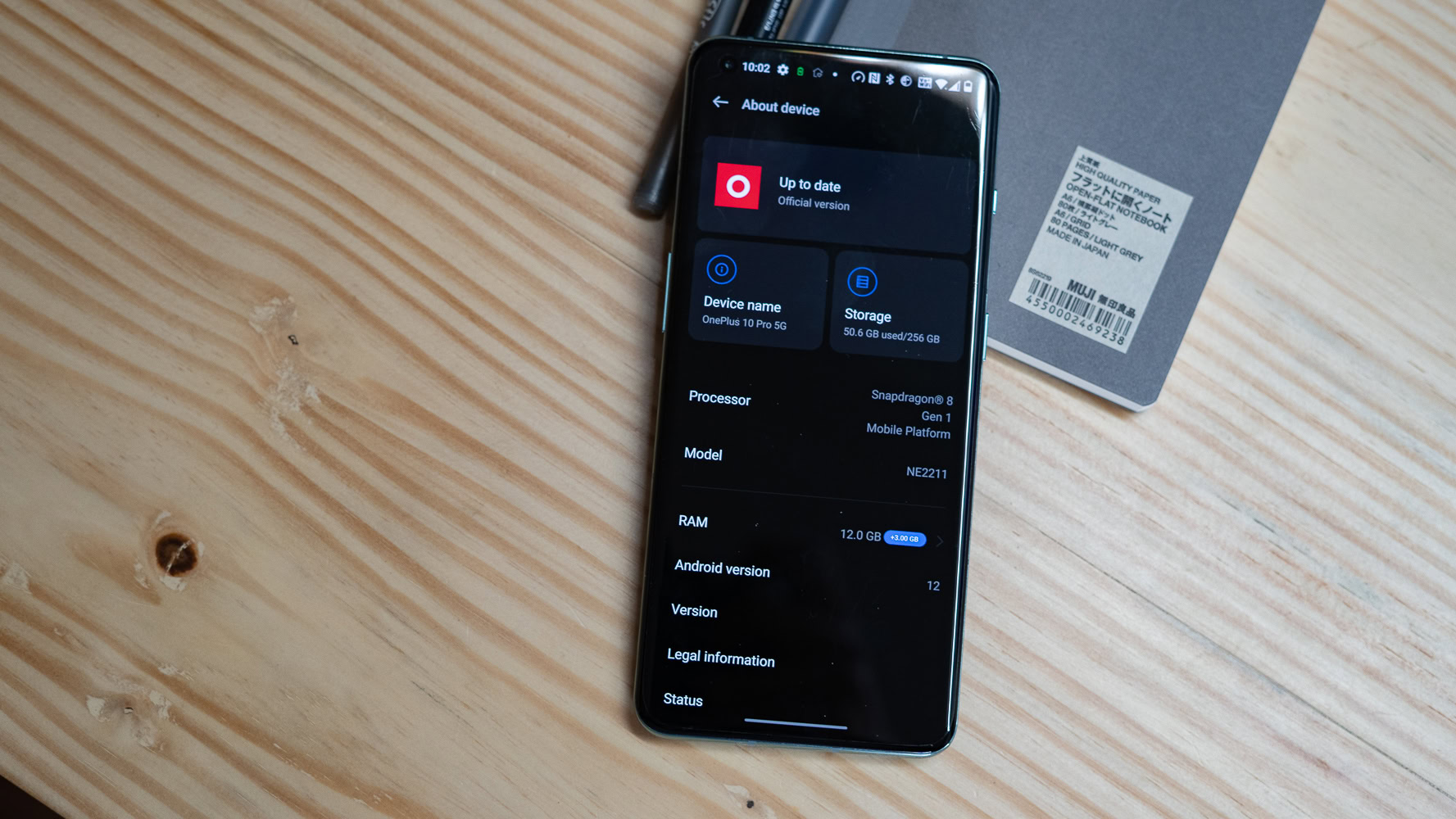
Inside the OnePlus 10 Pro, you’ll find the Snapdragon 8 Gen 1. This is 2022’s flagship Android chipset. The Snapdragon 8 Gen 1 is generally considered to be the best of the best in Android.
Related reading: All of Qualcomm’s smartphone processors explained
When you combine this chipset with up to 12GB of LPDDR5 RAM and up to 256GB of UFS 3.1 storage, you have a performance beast in theory.
Our reviewer reckoned that the phone delivered great performance in almost every situation, although he added that the OnePlus 10 Pro throttles performance out of the box. Fortunately, there’s a performance mode as well to improve things in more demanding games, but this comes at the expense of battery life in a big way.
OnePlus 10 Pro software and updates
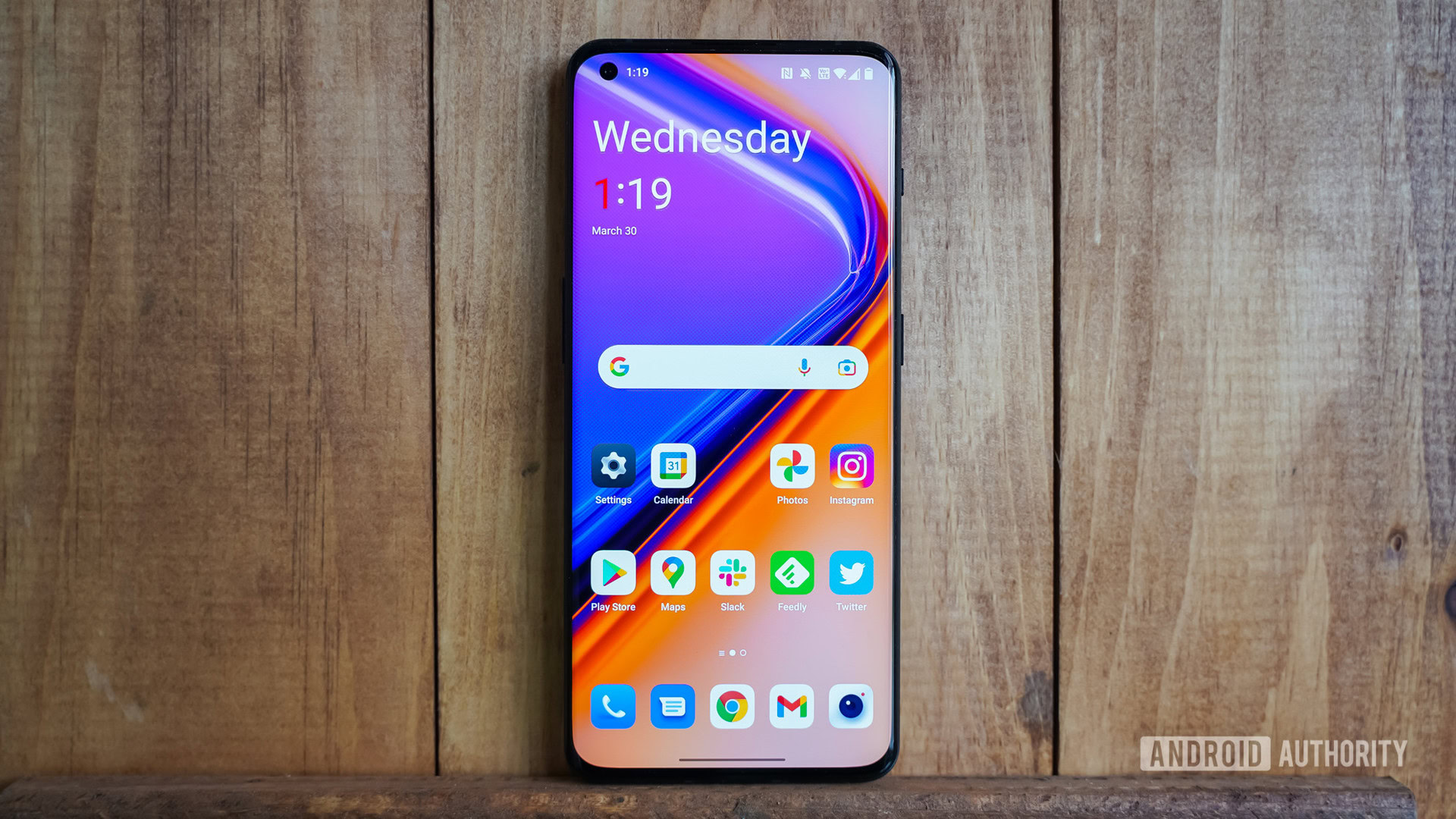
One of the biggest (and most controversial) aspects of “OnePlus 2.0” is the changes made to the company’s Android skin, Oxygen OS. In late 2021, the company started merging Oxygen OS with OPPO’s Color OS, which resulted in some very significant problems. While it has since gone back on its decision to build a unified OS that combines Color OS and Oxygen OS, the former’s influence is still clear in the latter’s look and feature set.
In most areas of the world, the OnePlus 10 Pro ships with this version of Oxygen OS out-of-the-box. Oxygen OS 12, based on Android 12, will come to the US, the UK, Europe, India, and other supported countries. Meanwhile, buyers in China will find Color OS 12 on their OnePlus 10 Pro devices.
OnePlus promises its merger with OPPO will result in faster, more stable updates for all platforms. So far, though, we haven’t seen much improvement. We’ll give OnePlus the benefit of the doubt here since the merger happened only recently. However, the company has a lot of ground to make up when it comes to earning back user trust for software updates.
That all being said, OnePlus has promised three Android upgrades for the OnePlus 10 Pro plus an additional fourth year of security patches. That means the 10 Pro should see all the way up to Android 15.
OnePlus 10 Pro vs OnePlus 9 Pro: What’s new?
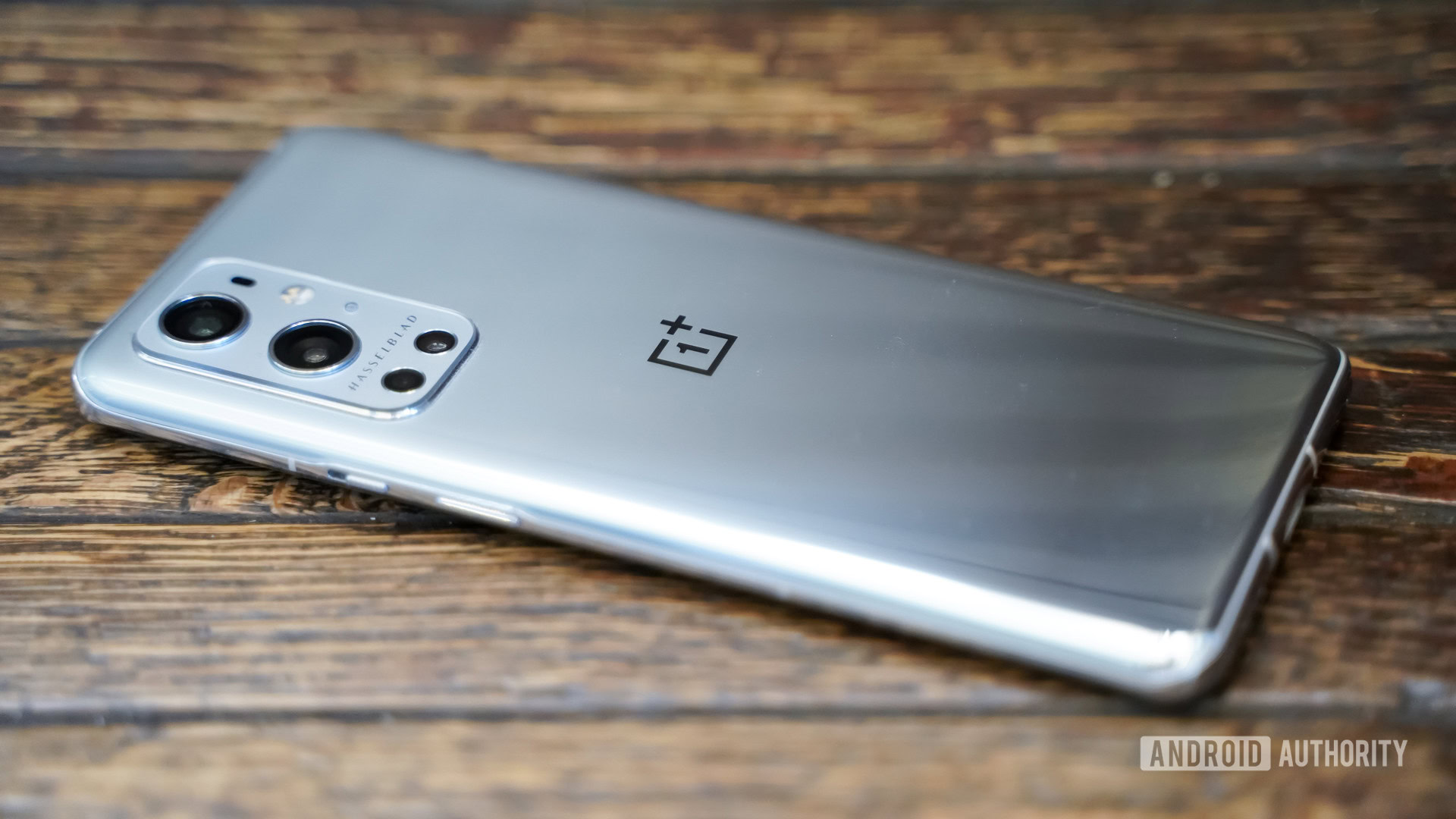
There don’t appear to be too many significant differences between the OnePlus 10 Pro and the OnePlus 9 Pro on paper. Check out some of the differences below:
- Design: The rear camera module of the 10 Pro is very different from the one on the 9 Pro. This gives the 10 Pro a distinctly different look. However, outside of this change, the phones are pretty similar, with the exception of the missing IP rating on any model not bought from T-Mobile. That’s a real headscratcher.
- Performance: The 10 Pro has a newer, better chipset in the Snapdragon 8 Gen 1. However, the related performance specs — such as RAM and storage speeds — remain unchanged.
- Power: The OnePlus 10 Pro has a larger battery than the 9 Pro at 5,000mAh. It also charges faster at 80W wired outside the US (and 65W in the US). Wireless charging speeds are unchanged at 50W.
- Camera: The OnePlus 9 Pro has an extra rear sensor when compared to the 10 Pro. This monochrome sensor, though, isn’t too integral to photo/video quality. The 10 Pro has an ultrawide lens with a much wider FoV and also supports new high-end photo standards, including 10-bit color and 12-bit RAW. But the new phone’s ultrawide sensor is inferior on paper and in practice. The selfie camera has a 32MP sensor, which is twice the megapixels of the 9 Pro’s 16MP sensor.
OnePlus 10 Pro: Price and availability
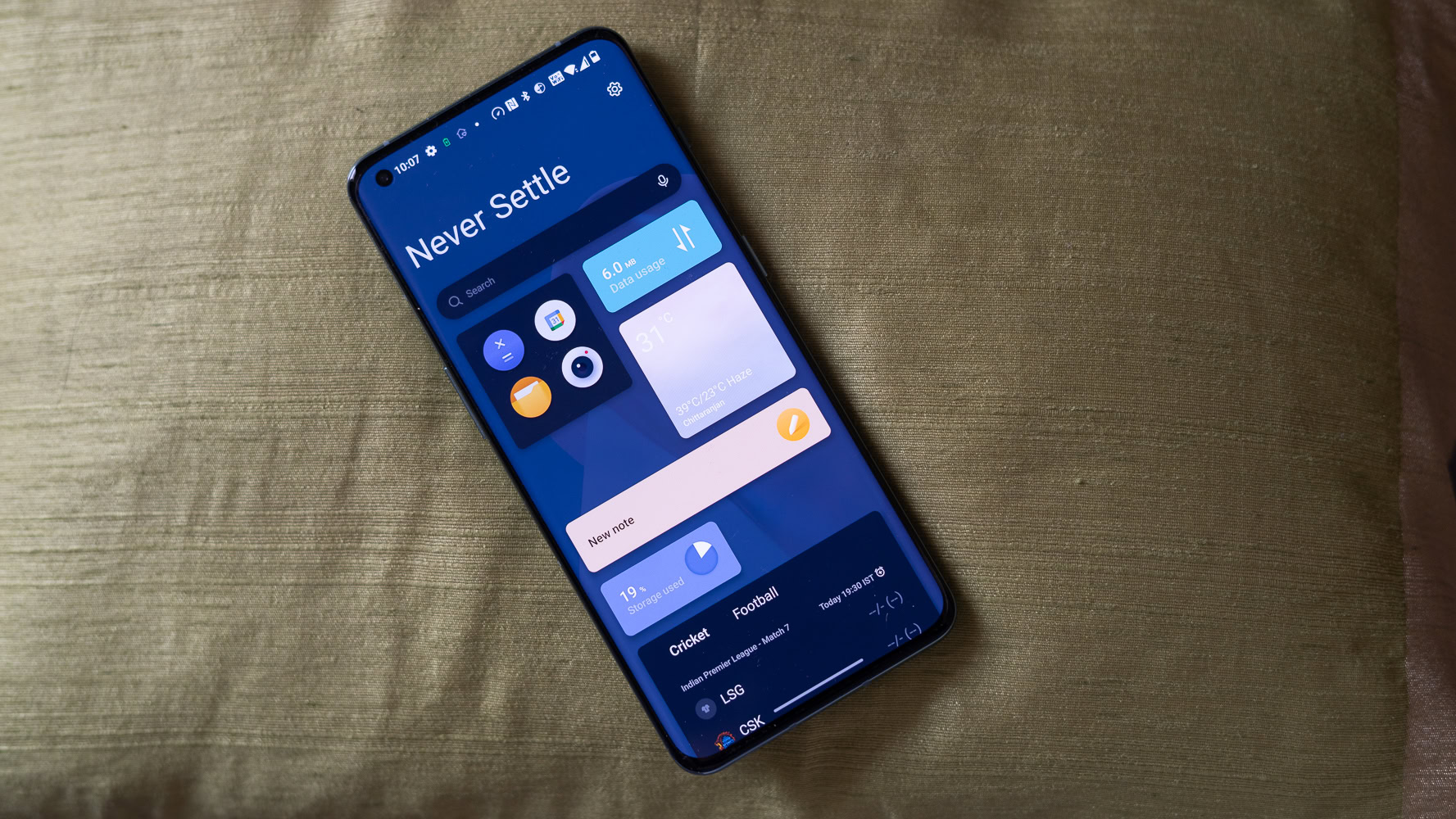
- OnePlus 10 Pro 8GB/128GB: $899 / €899 / £799 / Rs 66,999 / 4,699 yuan
- OnePlus 10 Pro 8GB/256GB: 4,999 yuan
- OnePlus 10 Pro 12GB/256GB: €999 / £899 / Rs 71,999 / 5,299 yuan
OnePlus launched the OnePlus 10 Pro on January 11, 2022, in its native China. Buyers in China can grab the phone starting January 13. In China, the price of this phone starts at 4,699 yuan (~$737) for the 8GB/128GB variant.
The phone will also be available in Europe, India, and the US. Expect to pay $899 in the US for the 8GB/128GB variant, which is actually cheaper than the OnePlus 9 Pro’s $1,069 price tag. There’s also a 12GB/256GB model but US pricing wasn’t available as of writing. You can check out pricing for all regions (including Europe and India) in the bullet list above.
Unfortunately, the vanilla OnePlus 10 is missing in action from both the Chinese and global launches.

FAQs
The OnePlus 10 Pro is one of the most powerful Android phones on the market. It offers a premium processor with a powerful Hasselblad camera and blistering fast charging.
The OnePlus 10 Pro is the only flagship from the brand in 2022, so it’s worth the money if you’re looking for an update. It’s also more affordable than the previous OnePlus 9 Pro.
Yes, the OnePlus 10 Pro has officially launched in the US. You can pick it up from either T-Mobile or OnePlus itself.
Yes, you’ll find a charger in the box with your purchase outside the US. There’s also a USB-C cable in there, so you won’t need to buy anything extra to see the 80W charging speeds. Consumers in the US will be restricted to 65W speeds and a 65W charger though, as OnePlus and OPPO’s 80W tech purportedly doesn’t support North American electrical standards.
Yes, the hardware alert slider is in its usual spot on the right side of the phone. This hardware feature allows you to quickly set your phone to vibrate or silent.
Only the T-Mobile variant will officially have an IP68 rating.
No, the phone does not have either of these features.